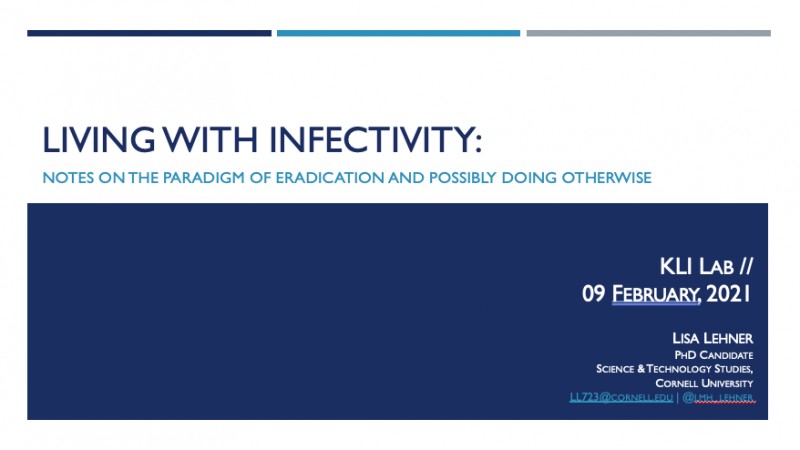KLI Colloquia are invited research talks of about an hour followed by 30 min discussion. The talks are held in English, open to the public, and offered in hybrid format.
Fall-Winter 2025-2026 KLI Colloquium Series
Join Zoom Meeting
https://us02web.zoom.us/j/5881861923?omn=85945744831
Meeting ID: 588 186 1923
25 Sept 2025 (Thurs) 3-4:30 PM CET
A Dynamic Canvas Model of Butterfly and Moth Color Patterns
Richard Gawne (Nevada State Museum)
14 Oct 2025 (Tues) 3-4:30 PM CET
Vienna, the Laboratory of Modernity
Richard Cockett (The Economist)
23 Oct 2025 (Thurs) 3-4:30 PM CET
How Darwinian is Darwinian Enough? The Case of Evolution and the Origins of Life
Ludo Schoenmakers (KLI)
6 Nov (Thurs) 3-4:30 PM CET
Common Knowledge Considered as Cause and Effect of Behavioral Modernity
Ronald Planer (University of Wollongong)
20 Nov (Thurs) 3-4:30 PM CET
Rates of Evolution, Time Scaling, and the Decoupling of Micro- and Macroevolution
Thomas Hansen (University of Oslo)
RESCHEDULED: 18 Dec (Thurs) 3-4:30 PM CET
Chance, Necessity, and the Evolution of Evolvability
Cristina Villegas (KLI)
8 Jan 2026 (Thurs) 3-4:30 PM CET
Embodied Rationality: Normative and Evolutionary Foundations
Enrico Petracca (KLI)
15 Jan 2026 (Thurs) 3-4:30 PM CET
On Experimental Models of Developmental Plasticity and Evolutionary Novelty
Patricia Beldade (Lisbon University)
29 Jan 2026 (Thurs) 3-4:30 PM CET
Jan Baedke (Ruhr University Bochum)
Event Details

Abstract
Given the ever-looming reality of the next pandemic threat, my project provides a fundamental re-conceptualization of the implicit social theory that undergirds current global health responses. I build on 18 months of extensive field research in Austria, studying the changes wrought on care practices and illness experiences by new Hepatitis C antiviral drugs, whose curative potential fueled an expansive global health virus eradication project. I integrate diverse social-science concepts to analyze the material and discursive mechanisms that animate particular forms of applying biomedical and epidemiological knowledge in contemporary society and global health politics. I will leverage my findings to conceive of a different kind of social theory of infectivity that accepts not just the reality of large-scale and globe-spanning viral infections, but also responsibility for a connected global society. I argue that the way we address and live with infectivity is integral to the way we choose (or not) to live as a society. In turn, changing our ways will unleash the full systemic potential of the life and social sciences to meet infectious challenges present and future.


